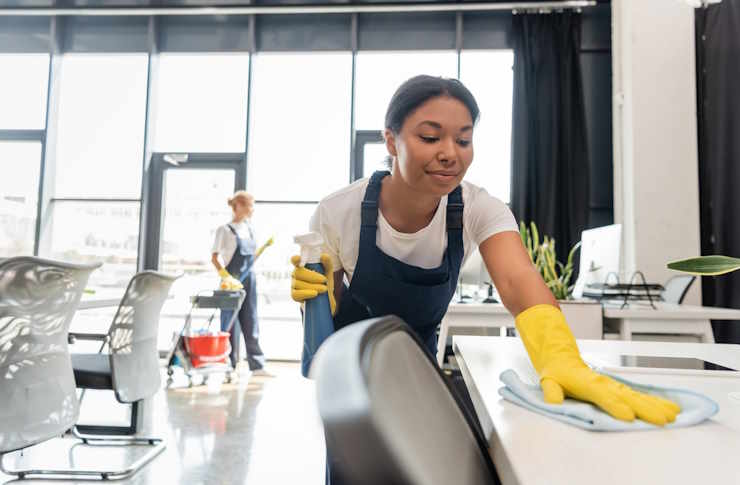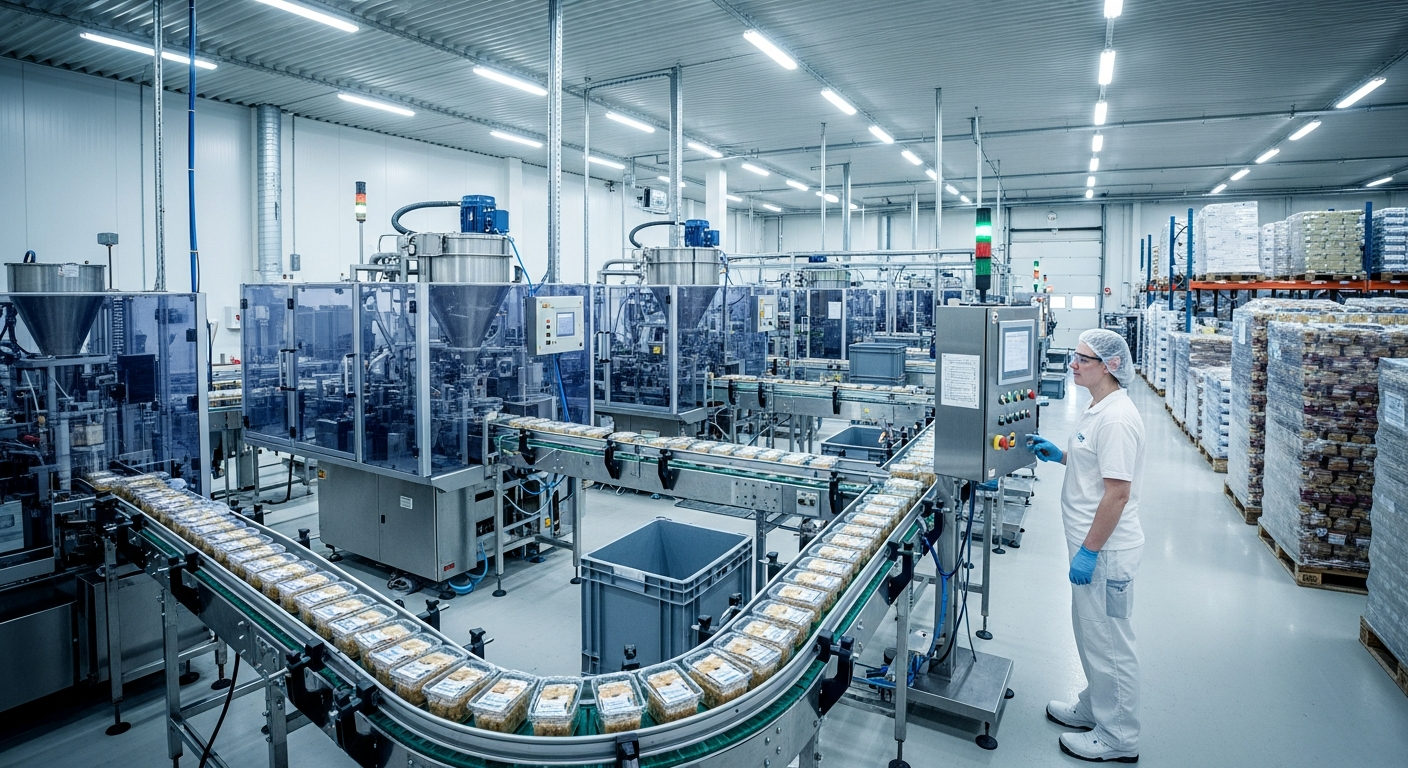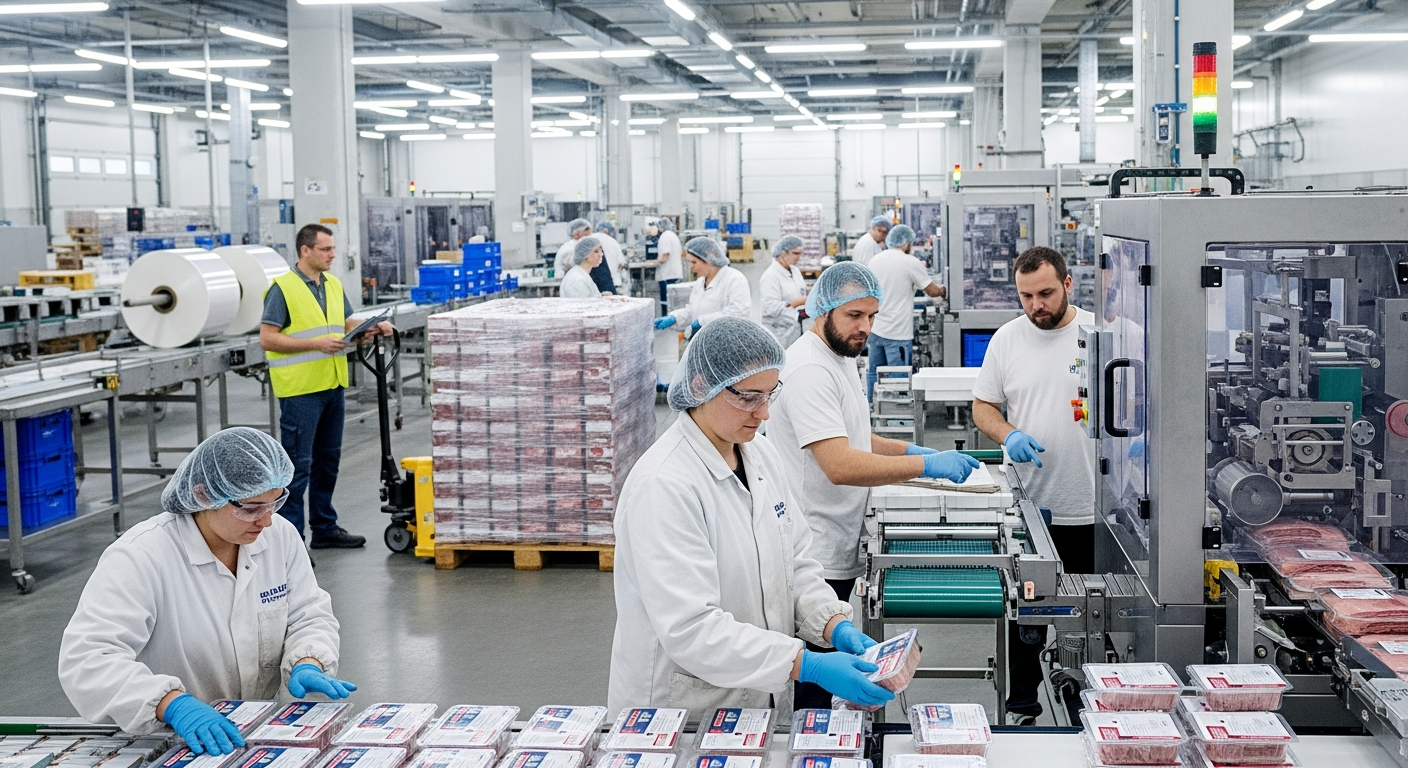Explore Promising Airplane Cleanup Crew Careers: Elevate Aviation Hygiene Standards and Enhance Passenger Experience
The aviation industry relies on numerous professionals to ensure safe, comfortable, and hygienic travel experiences. Among these, airplane cleanup crew members play a crucial role in maintaining aircraft cleanliness and passenger satisfaction. This article explores the responsibilities, opportunities, and outlook for those interested in airplane cleanup crew careers.

What Does an Airplane Cleanup Crew Do?
Airplane cleanup crews, also known as aircraft cleaners or cabin cleaners, are responsible for maintaining the cleanliness and hygiene of aircraft interiors between flights. Their duties typically include:
-
Removing trash and debris from seats, overhead compartments, and other areas
-
Vacuuming carpets and upholstery
-
Wiping down surfaces, including tray tables, armrests, and windows
-
Cleaning and restocking lavatories
-
Replacing headrest covers and blankets
-
Checking for and reporting any damages or maintenance issues
These tasks are essential for ensuring passenger comfort, health, and safety, as well as maintaining the airline’s reputation for cleanliness and service quality.
Types of Opportunities in Airplane Cleanup
The field of airplane cleanup offers various career paths and specializations within the aviation industry. Some common types of opportunities include:
-
Entry-level cabin cleaner: This role involves performing basic cleaning tasks under supervision and is often a starting point for those new to the industry.
-
Senior cabin cleaner: With experience, cleaners may advance to supervisory roles, overseeing teams and ensuring quality standards are met.
-
Deep cleaning specialist: Some airlines employ specialists for thorough, periodic deep cleaning of aircraft interiors.
-
Hazardous materials handler: Specialized training may be required for cleaning up potentially hazardous substances on aircraft.
-
Exterior aircraft cleaner: While not strictly part of the cabin crew, some professionals specialize in cleaning the exterior of planes.
-
Quality control inspector: This role involves checking the work of cleaning crews to ensure compliance with airline and regulatory standards.
Job Outlook for Airplane Cleanup Crew Careers
The job outlook for airplane cleanup crew careers is influenced by various factors in the aviation industry. While specific growth projections for this niche are not widely available, several trends affect the demand for these professionals:
-
Air travel demand: As global air travel continues to recover and grow post-pandemic, the need for aircraft cleaning services is likely to increase.
-
Health and safety focus: Heightened awareness of hygiene and sanitation may lead to more thorough and frequent cleaning protocols, potentially increasing job opportunities.
-
Automation and technology: Some cleaning tasks may become automated, but human oversight and specialized cleaning will likely remain necessary.
-
Airline industry fluctuations: The overall health of the airline industry can impact job availability and stability in related fields, including cleaning services.
-
Environmental regulations: Increasing focus on sustainable practices may create new roles or specializations within aircraft cleaning.
-
Outsourcing trends: Some airlines outsource cleaning services to specialized companies, which could affect employment structures and opportunities.
It’s important to note that while these factors suggest potential for career opportunities in airplane cleanup, job availability and growth can vary significantly by region, airline, and economic conditions.
Skills and Qualifications for Airplane Cleanup Crew Members
Successful airplane cleanup crew members typically possess a combination of physical abilities and personal qualities:
-
Physical stamina: The job often involves long periods of standing, bending, and lifting.
-
Attention to detail: Thoroughness is crucial for maintaining high cleanliness standards.
-
Time management: Crews often work under tight schedules between flights.
-
Teamwork: Collaboration with other crew members is essential for efficient operations.
-
Flexibility: Ability to work varying shifts, including nights, weekends, and holidays.
-
Safety awareness: Understanding and following safety protocols is critical in the aviation environment.
While formal education requirements are often minimal, some employers may prefer a high school diploma or equivalent. On-the-job training is typically provided to ensure compliance with airline and regulatory standards.
Challenges and Rewards of Airplane Cleanup Careers
Working as part of an airplane cleanup crew comes with both challenges and rewards:
Challenges:
-
Physical demands of the job
-
Pressure to work quickly and efficiently
-
Exposure to various cleaning chemicals
-
Potentially irregular work hours
Rewards:
-
Opportunity to work in the aviation industry
-
Potential for travel benefits
-
Satisfaction of contributing to passenger safety and comfort
-
Possibility for career advancement within airlines or aviation services
In conclusion, airplane cleanup crew careers offer a unique opportunity to contribute to the aviation industry’s safety and service standards. While the work can be demanding, it plays a vital role in ensuring positive travel experiences for millions of passengers worldwide. Those interested in pursuing this career path should consider the various opportunities available and the skills required to succeed in this dynamic field.




